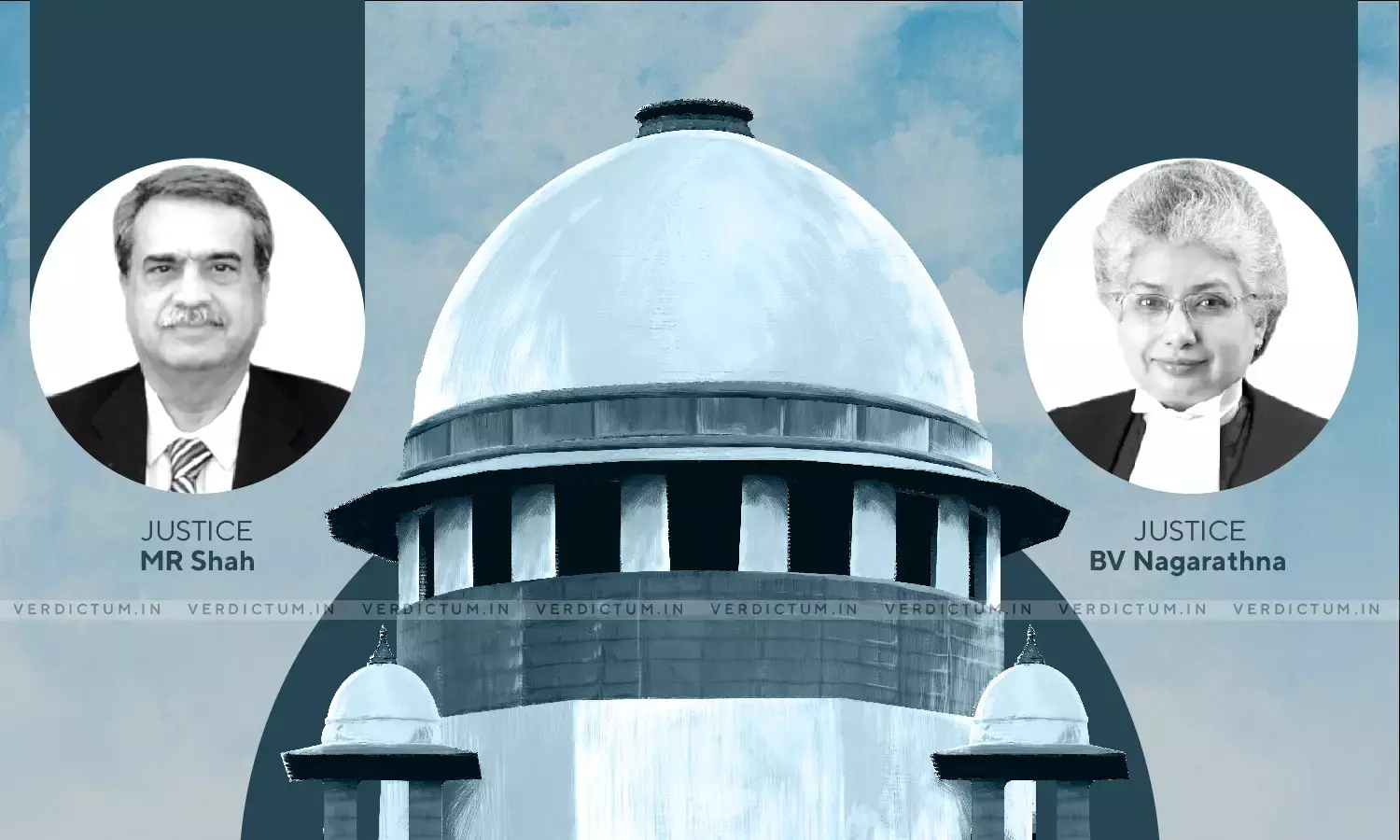Conviction Can Solely Be Based Upon Dying Declaration If It's True And Voluntary Without Corroboration - SC Reiterates

The Supreme Court bench comprising of Justices M. R. Shah and B. V. Nagarathna while setting aside the order of the Allahabad High Court acquitting the accused of the offences punishable under Section 302 read with Section 34 of IPC and restoring the order passed by the Trial Court convicting the accused has observed -
"...it is specifically observed and held that there is neither a rule of law nor of prudence to the effect that a dying declaration cannot be acted upon without a corroboration. It is observed and held that if the Court is satisfied that the dying declaration is true and voluntary it can base its conviction on it, without corroboration."
In this case, an FIR was lodged by the PW for offences under Section 326 to the effect that he got a call from the daughter of the deceased that her mother had got burnt. The PW reached the hospital and the time the SDM was taking the statements of the deceased. According to him, the girl said that her father-in-law and mother-in-law demanded the money and when she refused there was an assault and thereafter, they poured kerosene over her and with a matchstick burnt her.
The Investigating Officer started the investigation. After the completion of investigation, the Investigating Officer filed the charge-sheet against the accused for the offences under section 302 read with section 34 of IPC and the Trial Court framed the charges. While the trial is going on the prosecution brought on record documentary evidence including two dying declarations. Thereafter the Trial Court convicted the accused for the offences under Section 302 read with Section 34 of IPC and sentenced the accused to undergo life imprisonment.
Aggrieved by the judgment of the Trial Court an appeal was preferred before the High Court whereby the impugned judgment the High Court acquitted the accused on the ground that there were two dying declarations and there was a gap between the two dying declarations. Feeling aggrieved by the order of the Allahabad High Court the State preferred the appeal to the Supreme Court.
The two issues which were dealt with by the Court were -
i) Whether the dying declaration recorded by the Magistrate on 22.12.2011 is to be believed or not; and
ii) Whether, on the basis of such dying declaration recorded by the Magistrate/SDM, the accused can be convicted or not, in the absence of corroboration.
Concerning, the first issue, the Court relied on various precedents and held that the reasoning given by the High Court to not rely upon the dying declaration recorded by the Magistrate/SDM was not germane and cannot be accepted.
"As rightly observed by the Trial Court if she had committed suicide by pouring kerosene there would have been injuries on the chest as well as injuries would not have been on the head and on the backside. In our view, such injuries as found on the body of the deceased could have been possible only if somebody had poured kerosene on her from behind her. The aforesaid aspect has not at all been considered by the High Court," the Bench opined.
Concerning the second issue, the Court noted that there can be a conviction solely on the basis of dying declaration without corroboration.
Further, the Court observed, "The Trial Court has rightly observed as to the weight and reliance that must be placed on the dying declaration of the deceased. There was no reason for the High Court to disregard the dying declaration of the deceased."
"The Trial Court rightly placed reliance on the dying declaration having due regard to the statements made by the physician as to the medical condition of the deceased while making such declaration. The Trial Court has also rightly noted that the statements of the SDM and the physician, being independent witnesses in the trial, has added weight to the prosecution case as the same could not be motivated by malice," the Court held.
The Court held that the High Court committed a grave error in acquitting the accused.
Accordingly, the Court allowed the appeal and set aside and quashed the impugned judgment of the High Court and directed the accused to surrender and undergo life imprisonment.

